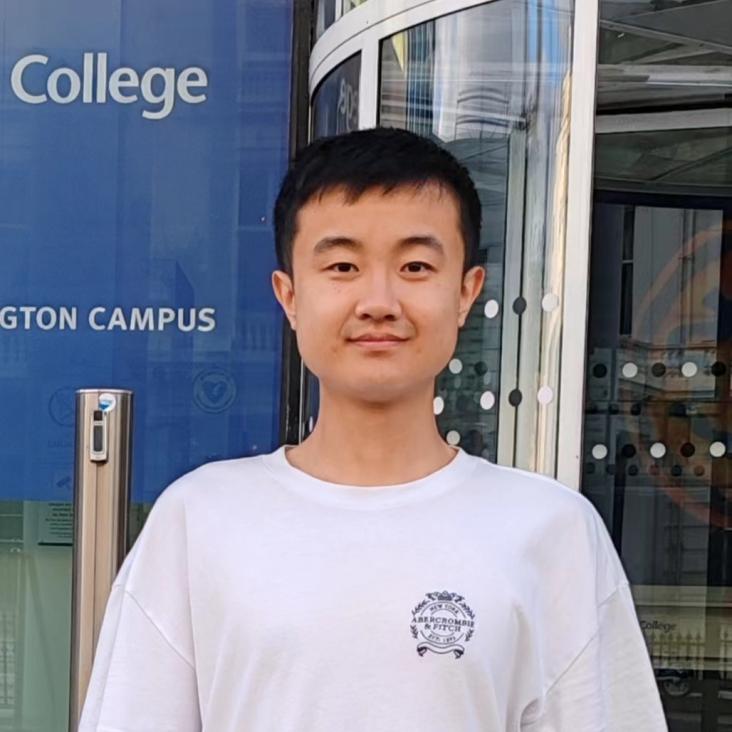Quantum Algorithms for Quantum Molecular Systems: A Survey
WIREs: Computational Molecular Science Wiley 15:3 (2025) e70020
Abstract:
Solving quantum molecular systems presents a significant challenge for classical computation. The advent of early fault‐tolerant quantum computing devices offers a promising avenue to address these challenges, leveraging advanced quantum algorithms with reduced hardware requirements. This review surveys the latest developments in quantum computing algorithms for quantum molecular systems in the fault‐tolerant quantum computing era, covering encoding schemes, advanced Hamiltonian simulation techniques, and ground‐state energy estimation methods. We highlight recent progress in overcoming practical barriers, such as reducing circuit depth and minimizing the use of ancillary qubits. Special attention is given to the potential quantum advantages achievable through these algorithms, as well as the limitations imposed by dequantization and classical simulation techniques. The review concludes with a discussion of future directions, emphasizing the need for optimized algorithms and experimental validation to bridge the gap between theoretical developments and practical implementation for quantum molecular systems.Efficient noise tailoring and detection of hypergraph states using Clifford circuits
ArXiv 2503.1287 (2025)
Simple and High-Precision Hamiltonian Simulation by Compensating Trotter Error with Linear Combination of Unitary Operations
PRX Quantum American Physical Society (APS) 6:1 (2025) 010359
Fault-tolerant quantum algorithms for quantum molecular systems: A survey
ArXiv 2502.02139 (2025)
Two measurement bases are asymptotically informationally complete for any pure state tomography
ArXiv 2501.17061 (2025)


